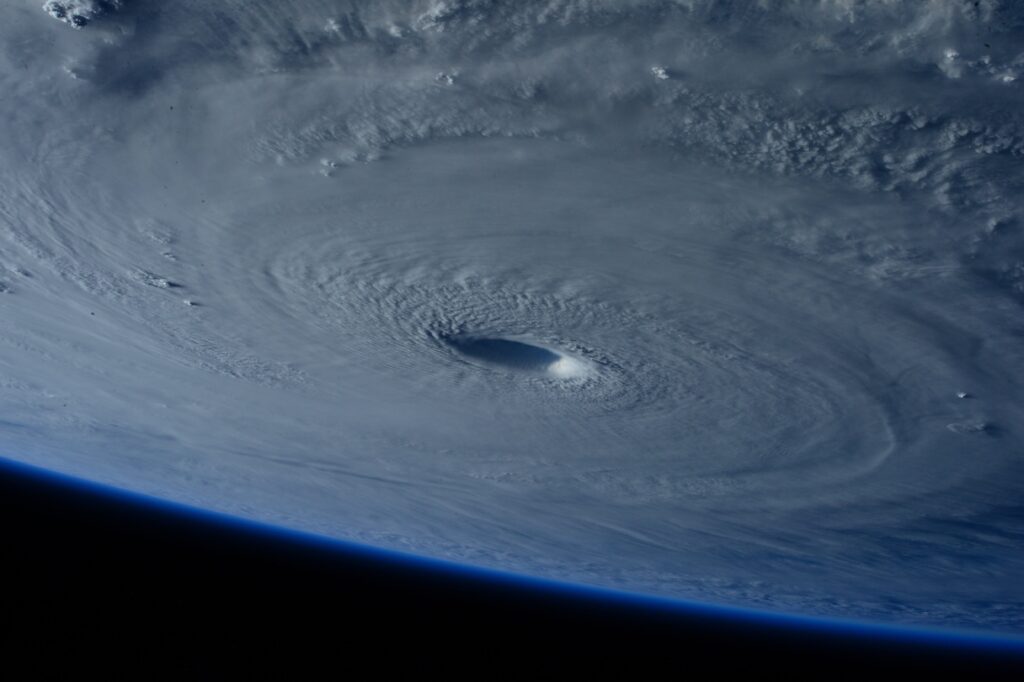News Team member Stephanie Oehler describes how the online "trad-wife" aesthetic fuels the flames of the anti-vaccination movement during the second-largest measles outbreak of the 21st century.

A summary of important health news from the past week
Coronavirus vaccine trial results expected by end of year, US officials say
By: Jay Croft, Jamie Gumbrecht, Jacqueline Howard and Susannah Cullinane
The most recent vaccine update has projected results on vaccine trials for as soon as December, CNN reports. Although this is a very quick turn-around for the pharmaceutical and science industry, the F.D.A. highlights that they are not cutting corners to speed up the process. The F.D.A. calls the program racing towards a vaccine Operation Warp Speed, and insists that they are not only on track, but potentially ahead in their prospects for a vaccine for 2021. The process for final approval is up to the Data and Safety Board, which is an independent group randomly assigned a clinical trial. Although the trials are racing to get their required 30,000 participants, the board can determine their result even before the final sample size is reached. Since Operation Warp Speed is, for the majority, not elected by President Trump, they are expected to continue regardless of election results.
Why Does the Coronavirus Hit Men Harder? A New Clue
By: Apoorva Mandavilli
Older men are up to two times more likely to become severely ill and to die from coronavirus than women the same age. The results of a recent study suggest that men over age 60 may need to depend more on vaccines for protection against coronavirus. These results are consistent with what is known about sex differences in immune response. Women naturally have stronger and faster immune responses. A study that analyzed the immune responses of men and women who were admitted to the hospital after they were infected with the coronavirus, found that men had weaker activation of T cells than women. Although the study had a few limitations, the findings begin to explain why men are hit harder with the coronavirus.
Your state’s Covid-19 epidemic, explained in 5 maps
By: German Lopez
The U.S. is experiencing a national Covid-19 epidemic. Most states have too many daily new Covid-19 infections. According to a Vox analysis, only 6 states (Connecticut, Maine, New Hampshire, New Jersey, New York, Vermont) meet the goal of fewer that 4 daily new Covid-19 cases per 100,00 people. However, these numbers are only as good as a state’s testing, as states with not enough testing don’t tell the whole truth. The Vox analysis also measure the epidemic in each state based on the infection rate, percentage of tests that come back positive, and the percentage of hospital beds currently occupied by Covid-19 patients.
Millions Of Pounds Of Extra Pollution Were Released Before Hurricane Laura’s Landfall
By: Rebecca Hersher
Oil refineries, petrochemical plants, and plastics facilities that were impacted by Hurricane Laura had to go into shutdown mode prior to the storm landing in the area. This means for many the release of more than 4 million pounds of extra air pollution. This pollution contained harmful carcinogens, like benzene. Like during Hurricane Harvey a few years ago, air monitors went offline, making it difficult to evaluate the exposure to nearby residents. Further, the impact is disparate as many plants are surrounded by low income housing with concentrations of people of color.
The Psychiatrist Will See You Online Now
By: Benedict Carey
The psychotherapy business is taking a turn as professionals gear towards a more permanent tele-health approach. Although it became popular through the pandemic, psychiatric and psychological tele-health has been building an approach to therapy online for years. The pandemic has proven that this may be very beneficial for some, especially those who cannot leave their houses for hours-long drives. Many also prefer to do tele-health from the comforts of their own home, which allows them to be even more comfortable to share and be vulnerable with their therapists. For others, however, being in close proximity to another for one-on-one therapy sessions is key to their psychotherapy approach. Regardless, there may be an influx of tele-health psychotherapy approaches post-pandemic.
